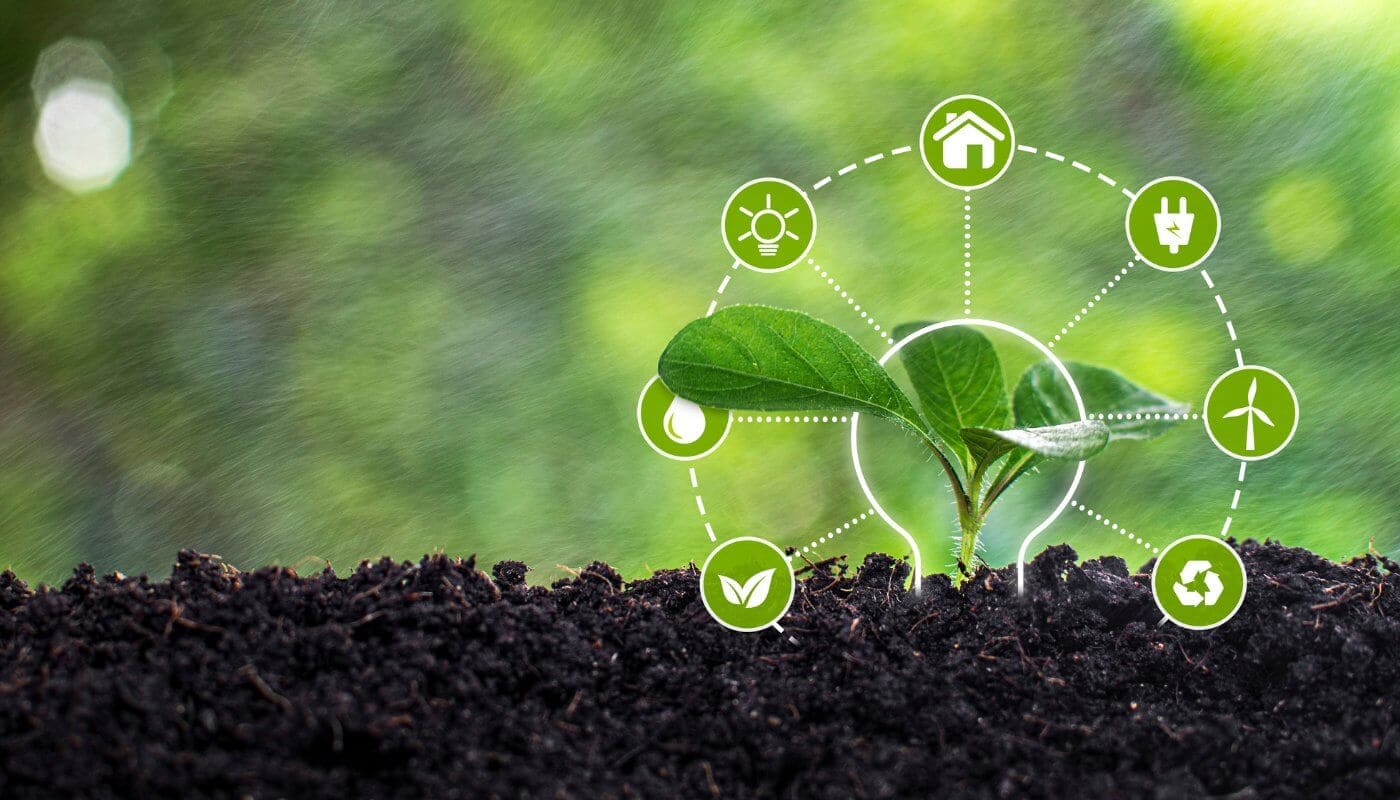Background
Global temperatures are rising and the imperative to reduce the adverse effects of climate change becomes more important for every industry with each passing day. Today, global temperatures are hovering around 1°C, and it is increasing at a rate of 0.2°C every decade. It is expected that, if emissions continue to rise at their present rate, the temperature will cross 4°C. The current projected path for global emissions is expected to result in global warming of about 3°C by 2100, even after considering the emission reductions program volunteered by countries under the Paris Agreement. According to Intergovernmental Panel on Climate Change (IPCC), the CO2 level would have to be reduced by at least 50% by 2030 and reach the ‘net-zero’ level by 2050, to achieve an aspirational target of 1.5°C.
Consequently, an increasing number of LNG companies are pledging to become carbon neutral or to reduce GHG emissions in the next few decades. For example, Novatek, Russia’s second-largest natural gas producer, plans to cut methane emissions by 4% in the production, processing, and LNG segments and overall GHG emissions by 5% by 2030.
Amongst Oil and Gas, LNG demonstrates more resilience in the years to come owing to its ability to offer reduced GHG emissions. While other industries are welcoming the use of LNG to decarbonize their value chain, LNG leaders across the globe have also started collaborating with think tanks and knowledge partners to go net-zero. Consumer demand and investors’ preference towards a more green and sustainable organization is also encouraging the LNG companies to continue focusing on decarbonization initiatives.
‘Carbon-neutral’ LNG has become a buzz word and LNG suppliers are trying to provide a green tag for their cargo. Carbon-neutral LNG cargo refers to cargo in which GHG emissions have been reduced to zero or otherwise offset in full. Typically, the tag takes into account the entire lifecycle of GHG emissions (from well to wheel), although there are differences in markets’ approach to evaluating emissions levels, reflecting the lack of a robust measurement, reporting, and verification (MRV) system.
Download the full industry insight here
To discover how you can adapt for tomorrow, contact decarbonization@evalueserve.com .




